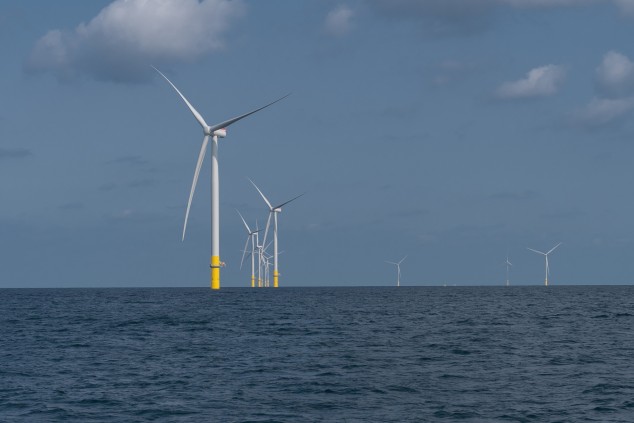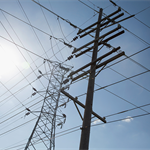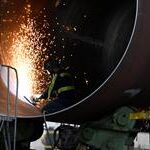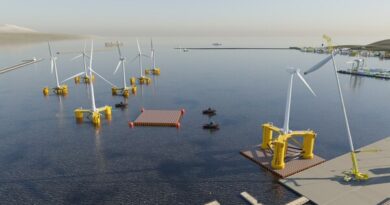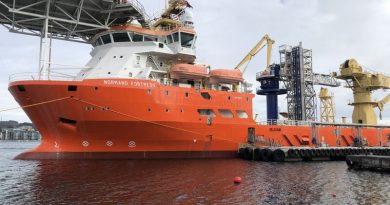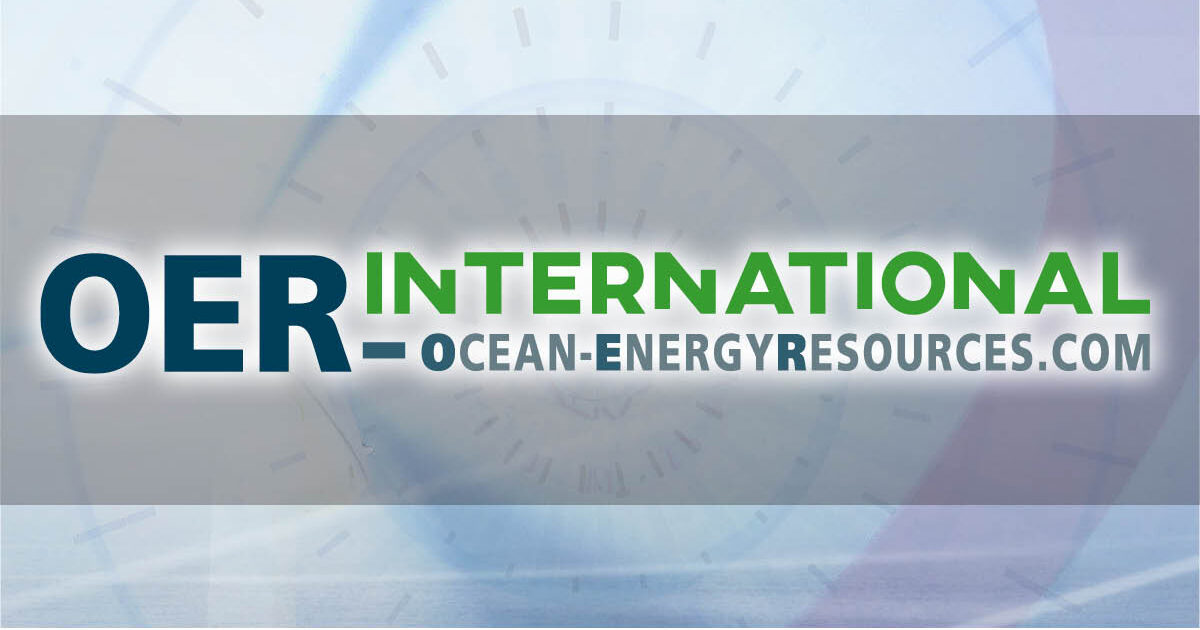Shell’s Marjan van Loon also reacts on historic court ruling
Energy Disrupter
General – Shell
Recently a Dutch District Court has ruled that Shell should reduce its carbon emissions even faster than planned.

Following on from a blog post by Royal Dutch Shell boss Ben van Beurden on June 10, Marjan van Loon, President-Directeur Shell Nederland, set out what this means for Shell in the Netherlands as well.
Below is the full version of this post.
START ARTICLE
Accelerating climate action in the Netherlands
According to the ruling of the District Court in The Hague on May 26, Shell must reduce its net carbon emissions by 45% by 2030, compared to its 2019 level. The court order applies to the emissions from Shell’s operations and our customers. Regardless of whether we appeal the ruling, we are determined to accelerate our net-zero strategy. We will rise to this challenge. This applies to all countries where we have operations and it applies to the Netherlands in particular.
Because when it comes to a transition to a cleaner energy system, I see many opportunities for success in the Netherlands. In fact, if there is one place where you’d expect an acceleration, it is in the Netherlands. It is one of the most advanced economies in the world. The Netherlands has the knowledge, capital, and if I’m to believe my foreign friends and colleagues, the unique talent to organise things. The Netherlands also has a national climate agreement with ambitious goals. By 2030, the Netherlands must have reduced CO2 emissions by almost 50% compared to 1990.
That plan sounds clear, but achieving it is hard and complicated. Over the last 30 years, between 1990 and 2020, the Netherlands has reduced its emissions by 20%, so the country has only 10 years left to achieve the remaining 30%. This leads to a clear conclusion: just like the rest of the world, the Netherlands needs to drastically increase its efforts to tackle climate change. Non-governmental organisations, Shell and pretty much everyone I know agree about that. The question is how.
Today, Shell in the Netherlands has about half the total emissions that we used to have in 1990, including emissions caused by the use of the products we sold. You could say that Shell has already made its contribution to the Dutch Climate Accord. But we don’t see it this way. We are not patting ourselves on the back, not in the least. We mostly achieved this reduction because we stopped selling some heavy fuel oil products for commercial reasons, and because we are selling less diesel and natural gas in the Netherlands. These changes to our business did not change the type of energy people used. On the contrary, our customers bought the same products elsewhere, which means the Netherlands hardly benefited from Shell halving its emissions in the country. This is not the way to do it.
If the Netherlands wants to reduce its emissions on a large scale, the types of energy people use – energy demand – will have to change. Shell can and wants to help with this by offering low-carbon alternatives. For example, Shell recently opened a filling station for hydrogen buses in Groningen in the north of the Netherlands. We have 160 fast charging points for battery electric cars at around 60 Dutch filling stations. And we offer our customers the opportunity to offset their CO2 emissions at our filling stations.
In the months and years ahead, this map is going to get much fuller. In the last year alone, Shell has taken investment decisions worth more than a billion euros to lower our emissions and help change the type of energy that is used by our customers in the Netherlands. We are investing further in offshore wind parks, hydrogen, electric-vehicle charging and biofuels, for example, to help hard-to-abate sectors like aviation decarbonise. We are turning our refinery in Pernis into a modern energy park where we will produce sustainable fuels and raw materials in the future. And by that time, at our chemical park in Moerdijk, we will use plastic waste that can’t be recycled to produce all sorts of raw materials for the European market.
Shell will do more and go faster to reduce emissions in a way that benefits the Netherlands. This means offering more low-carbon products. But that is not all. Our customers and society must be encouraged to make the right choices, and discouraged from consuming fossil fuels. This would give Shell and others the economic impetus to accelerate. This requires unprecedented collaboration. With other businesses, with our customers, and with governments that can accelerate change with effective regulations and financial incentives.
To give just a few examples: lower excise duties on bio-liquefied natural gas for trucks, so this lower-emission fuel can compete with diesel. Implementation of the European Renewable Energy Directive (RED II) in Dutch environmental law to encourage hydrogen for heavy-duty transport and industry. And tenders for large-scale offshore wind parks that are fast and efficient. I’m convinced that by accelerating change like this, the Netherlands will make the most of that unique talent for organisation to achieve the emissions reduction it needs this decade. We will gladly contribute and work to halve our current emissions again in the Netherlands.
Marjan van Loon, President-Directeur Shell Nederland
Original Source: https://ocean-energyresources.com/2021/06/17/shells-marjan-van-loon-also-reacts-on-historic-court-ruling/

